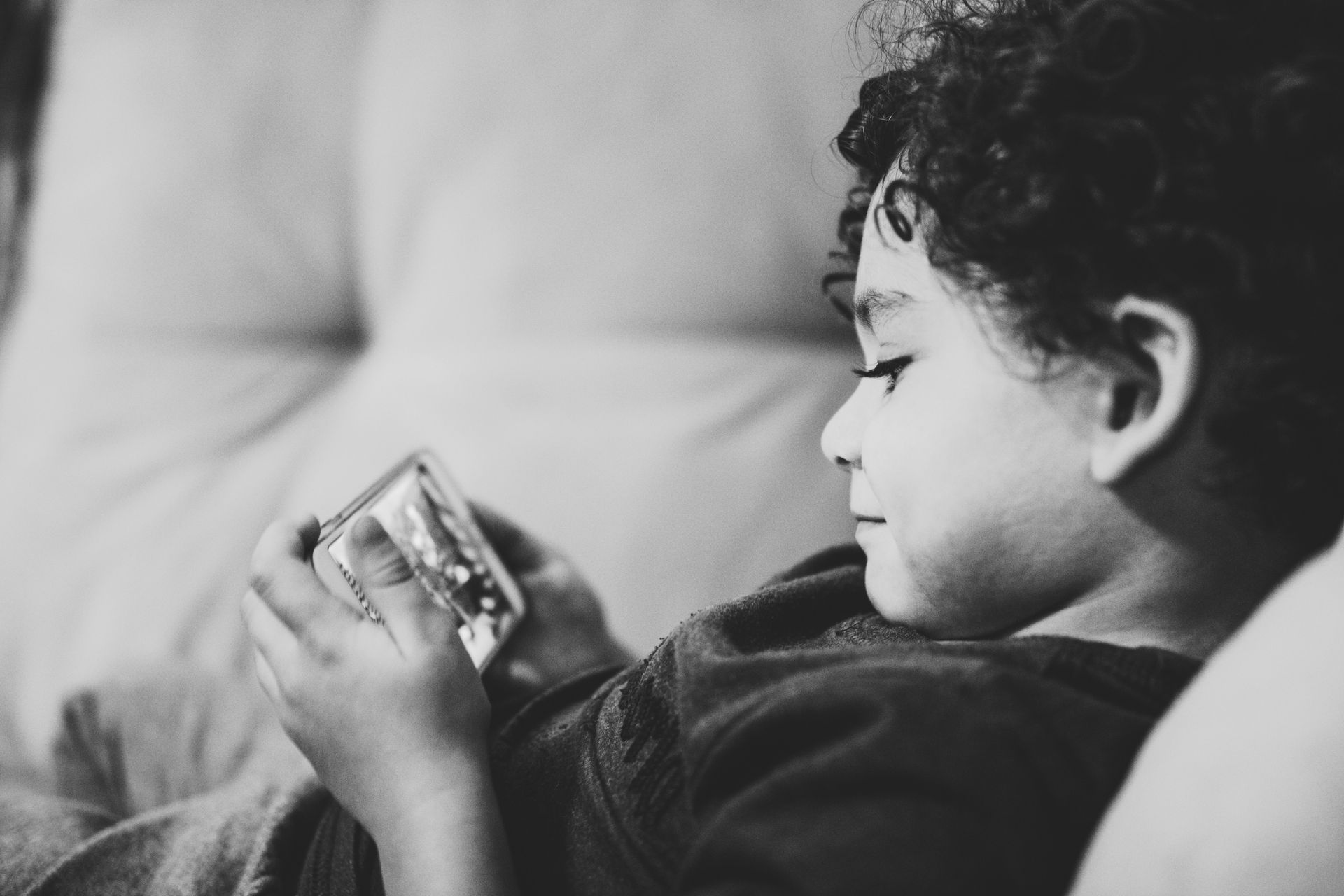Is your child addicted to video games?
Is your child or teen constantly on the computer or playing video games?
Is he uninvolved in any other activities in his free time?
Is gaming affecting his attitude and overall well-being?
Has your son or daughter become violent with you rather than hand over an electronic device?
Just recently, gaming addiction was labeled as an actual disorder by the World Health Organization, which is described “as a pattern of gaming behavior (‘digital-gaming’ or ‘video-gaming’) characterized by impaired control over gaming, increasing priority given to gaming over other activities to the extent that gaming takes precedence over other interests and daily activities, and continuation or escalation of gaming despite the occurrence of negative consequences,” (WHO).
I’m hearing from an increasing number of parents who feel it is an all-out battle to get their child to put down the mouse or the controller – and they are losing the war. Addiction or not, this is a critical problem that needs to be addressed.
According to Iowa State University, “8.5 percent of Americans between the ages of 8 and 18 (that's roughly 3 million people) are addicted to video games.” A study by Pediatrics found that 3,034 children and teenagers had an average length of time of 20 hours per week spent playing video games!
Here are some signs that your child may be using online gaming as an unhealthy coping mechanism:
1) Does s/he have few interests other than video games?
- If gaming seems to be all that your child is doing during their free time, it may be safe to assume that they aren’t involving themselves in a variety of activities. It is important to have a balance of activities during free time. It is vital learn new skills or have more experiences, and video games are only one avenue.
2) Are his or her grades suffering because of excessive video game playing?
- If your child is constantly redirecting all their focus towards gaming, they may not be giving their attention and time to more important matters such as schoolwork. Without balancing work and play, their grades could suffer for it.
3) Does s/he get angry or even violent when you try to cut down the time s/he plays video games?
- Playing games could be a major source of comfort for your child, making it extremely difficult for them to stop playing when told. Just like any addiction, taking the stimulus away could cause various negative reactions such as expressing anger and even becoming violent.
Sadly, I have heard from more than one exasperated parent that their child or teen became violent when they tried to remove an electronic device from their hand or room.
4) Does s/he play for more than a few hours at a time?
- The old saying is “everything in moderation,” so if your child is playing video games for an extensive period of time every day, they may not be able to stop at a certain point. This is a time in life where it is essential to learn how to self-soothe in a variety of healthy ways. If you’re playing video games when you’re depressed or anxious, it’s just like smoking a cigarette – you’re not learning how to calm down in a more healthy way.

What can parents do:
1) Try not to panic - very few people actually meet the criterion for gaming addiction, especially kids!
- Most of the time, people play a lot of games just to have a good time and not because they are subconsciously drawn to it at all times. It’s likely your child is not clinically addicted, although, you should still look for signs of any compulsive behaviors.
2) Try to look at video games from your child’s point of view - they can be fun, creative and even social.
- From an outsider’s (i.e. a parent’s) perspective, video games can be seen as entirely negative for a child, but gaming can be a fun and entertaining activity. It can even help your child connect with others more easily and become better problem solvers.
If you can acknowledge that video games aren’t entirely bad, you can better relate to your child when trying to get them to add more varied activities to their schedule. It’s better to avoid conflict when discussing the issue.
Consider playing a few games with them – you may actually have fun! I’m sure I’m dating myself here, but I can still get lost in a game of Pac Man. At the very least you’ll have a good laugh. I know you all can relate, even if you won’t admit it!
3) Allow limited gaming as a reward for completing other tasks like exercise, practicing an instrument or doing chores.
- If you present gaming as an end reward, it will motivate the child to get more productive activities done. It will also teach them how to balance gaming with other activities so they will use time management wisely. If they find more fun activities to do other than gaming, they’ll realize that playing video games isn’t everything, and that there is so much more out there to experience and try.
It’s always better to find a way to say yes (and sneak in a no) rather than stomp in and remove everything in an exasperated rage.
4) Set your limits and have clear and realistic consequences for not respecting them that BOTH parents enforce.
- If reasonable rules and consequences are clearly established uniformly by both parents, you will be so much more effective in minimizing your child’s video game usage. The earlier the rules are established, the better - this is why it is important to notice the signs of video game addiction early on so you can make the necessary changes as soon as possible. And be a united front – don’t send mixed messages.
5) Help your child learn to recognize when they turn to video games when under stress or upset so they can see the connection and use other ways to soothe their feelings.
- Video games are a common path to finding a distraction from the pains of adolescence, but that doesn’t make gaming an effective solution to dealing with them. That’s why it is important to not only explain to your child that video games are not the answer, but introduce them to other ways of coping with stress and anxiety, such as reading, taking a nap, or talking it out with family members.
Since technology is all around us, in our households and even in our individual rooms, it is important to regulate their use, especially with children and teens. Growing up and adapting to abundant electronic devices all around us involves knowing how much time to spend on them and, more importantly, when to stop and take a break.

This is especially true for video games, where kids have access to every game they can think of via the internet and often have no internal conception of how much time is too much time playing them. This is the new digital age, and has much that is positive, but we and our children have to learn how to live with it in a healthy way.
Time management is the most important and rewarding aspect of life to learn and conquer in order for distractions to be limited, productivity to flourish, and overall mental health to be maintained. It’s surely a battle for parents, but if you approach it with a calm, supportive and united plan, your child will be more likely to follow suit.
Most parents of children and teens know it can feel impossible to remain calm when your child is arguing, having a tantrum, or trying to guilt you about missing out on gaming time with friends. If you need more help, we have successfully coached parents on how to set firm and reasonable limits with their kids, and to become closer to them in the process!










